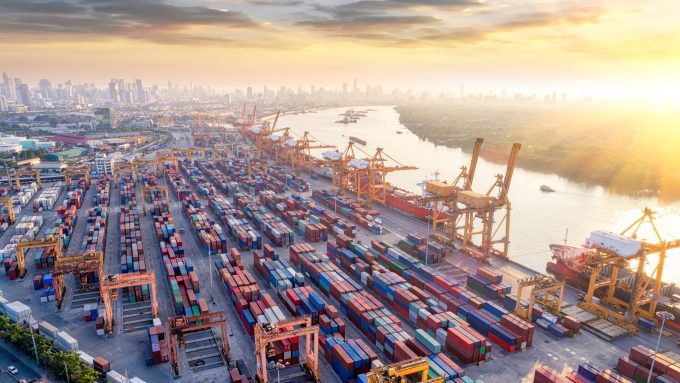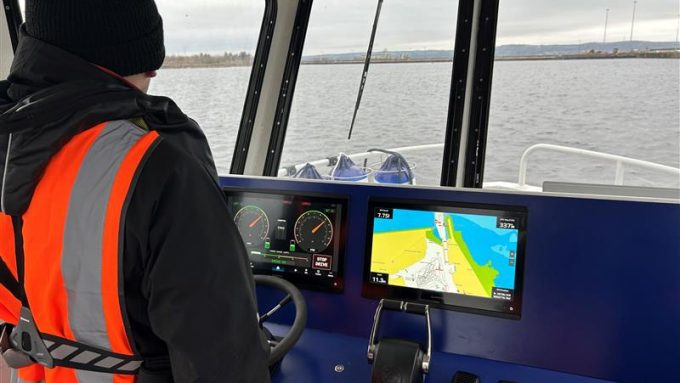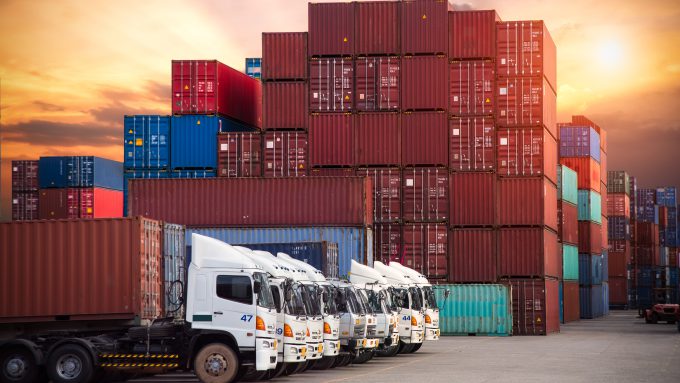

Reimagining the UK’s ports and maritime economy
The United Kingdom is a maritime nation. From Liverpool to Bristol, Newcastle to the Solent, many of our great cities and regions have been profoundly shaped by their maritime history. Our ports have long been hubs connecting Britain to the rest of the world.
Over 90% of UK trade passes through the 51 major ports around our islands, and over 400 million tonnes of goods per year. More recently though, global disruptions in trade have focussed our attention on the importance of ports to the national economy. So too has the imperative of decarbonising our economy and hitting net zero carbon emissions by 2050.
Yet if we think of ports as underutilised hubs of innovation, things start to get exciting. Whether it’s 5G, autonomous systems, or net zero infrastructure, our ports can foster diverse innovation ecosystems. Because our ports can be powerful engines of regional growth. And they can work as gateways to new global markets and routes to foreign direct investment.
With the right vision and imagination, we have the tools and capabilities to write a new and exciting chapter in Britain’s maritime story.
This episode features a special guest, David Shukman, the BBC’s former Science Editor, who’s reported from around the world on climate change and the environment for 30 years.
We also meet some of the innovators and port operators who are writing that new maritime story, like Bob Sanguinetti, CEO of Port of Aberdeen and Nolan Gray, Freeport Director at Tees Valley Combined Authority. We hear from Anna Ziou, Policy Director at the UK Chamber of Shipping, as well as Mark Wharton and Sophie Peachey from IOTICS, a UK company specialising in data and digital twin technology.
Music on this episode is by Blue Dot Sessions and Phill Ward Music (www.phillward.com)
Show notes:
To find out more about our Clean Maritime Demonstrator project in Aberdeen, click here.
To learn more about our work on the future of the UK’s Freeports, click here.
To learn about how our ports are increasing being seen as hubs of clean energy and innovation, click here.
To download our report on Hubs of Innovation, click here, and you can also read our playbook for place leaders by clicking here.
And to register for the Maritime Innovation Week, which the Catapult is participating in as part of London Innovation Week from 13th-17th June, click here.
If you'd like to get in touch with your feedback, comments and suggestions on what you'd like to hear more of on Connected Places, please email: podcast@cp.catapult.org.uk. We’re looking forward to hearing from you!
Follow the show!
Don’t forget to subscribe to the show on iTunes, Spotify or wherever you get your podcasts. Please also take a moment to write a review and rate us so that more people can hear about the podcast and what we do at Connected Places Catapult.





